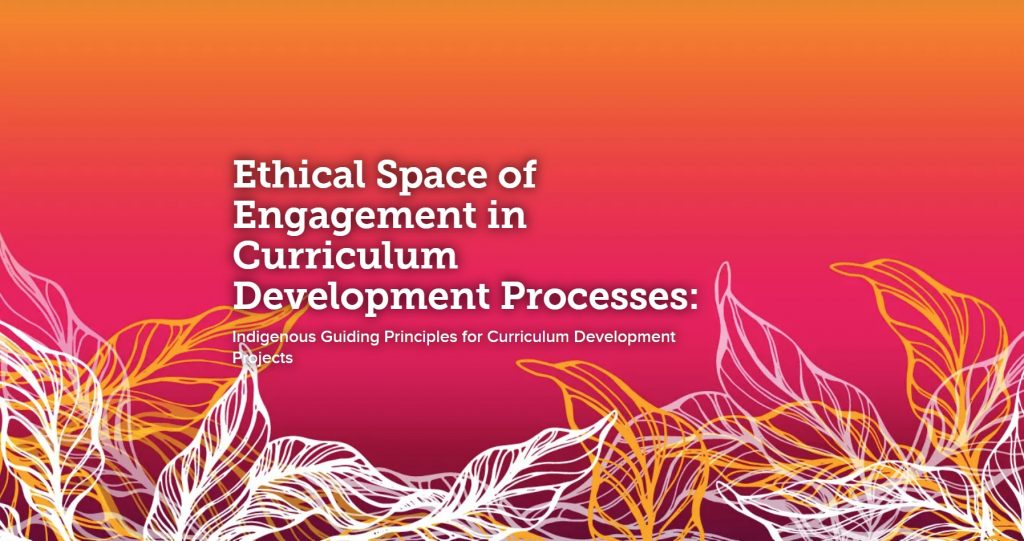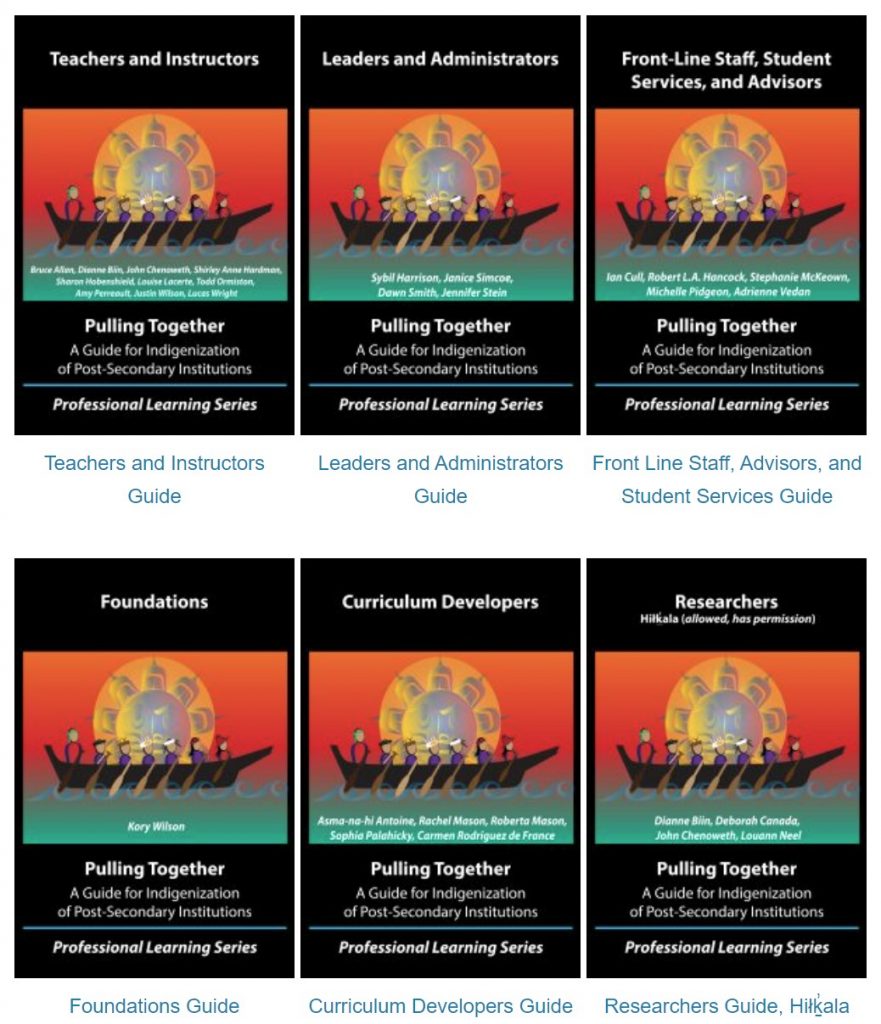The Ethnos project ran from 2008 to 2018, with the goal of exploring the intersection of Indigeneity and information and communication technologies (ICTs). While the project has ended and the site is not maintained, there is plenty of helpful information and hyperlinks to like-minded sites. One of these is EcoliterateLaw (http://www.ecoliteratelaw.com/index.cfm?sect=home).
The Ethnos Project provides numerous links to other Indigenous websites that are all connected to Indigenous involvement with the digital age, which at first glance appears to be a very valuable database moving forward.







